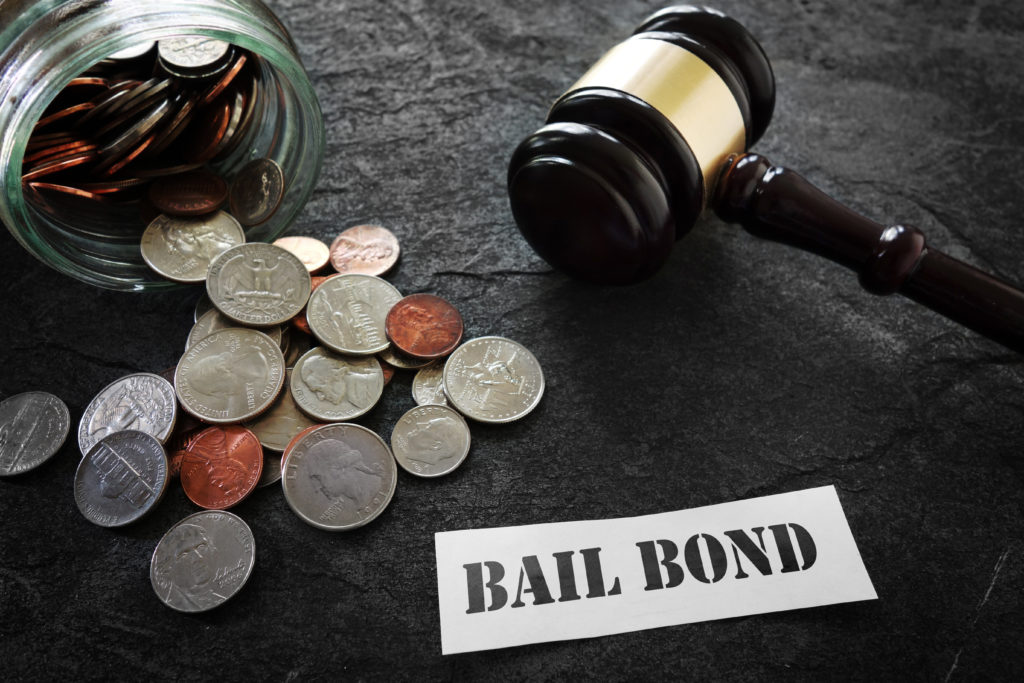The unfortunate part of trying to navigate through the legal system is that some of the vernacular get repeated in other areas. For instance, many are unsure of when is the bail exonerated, and when it remains active in their case.
This confusion becomes worsened when you consider that if a defendant is exonerated, it merely means they get cleared of all of their charges. When a bail amount receives this distinction, however, it only explains that it is no longer needed.
However, when a bail ends, it doesn’t mean that you are entirely off of the hook. When your bail is no longer active, it determines that the court doesn’t require it any longer, but fees may still require payment.

Is Bail Always Needed?
Bails may end as soon as you appear in front of a judge for the first time when you get booked. Most of the time, however, it isn’t until your trial has wholly wrapped up that it is no longer needed.
Bail exoneration is only the conclusion of the terms, but it isn’t a reflection on whether or not you are guilty. In fact, you may still need to appear in court, but the judge believes that you are dependable enough to release out into the public until then.
What Happens Next?
Some people may try and get their bail bonds company to continue assisting them after their bail becomes exonerated. However, once they receive their deposit back, they are no longer responsible for you.
A bail bonds company is only acting in a financial position. Once their services are no longer needed, it is up to you to handle the rest of your trial.
When Do I Get My Money Back?
There is often a few weeks of waiting between the time of when is the bail exonerated, versus when you can reclaim your deposit. The waiting period differs between states, but it’s usually a couple of weeks.
Also, you are not going to receive your full bail payment back. The court will deduct their fees, as will a bail bonds service.
Skipping your court date altogether, however, is a simple way of guaranteeing that you won’t receive a dime back. And because your bail bonds company is likely the one arresting you, you probably won’t get bailed out a second time.


